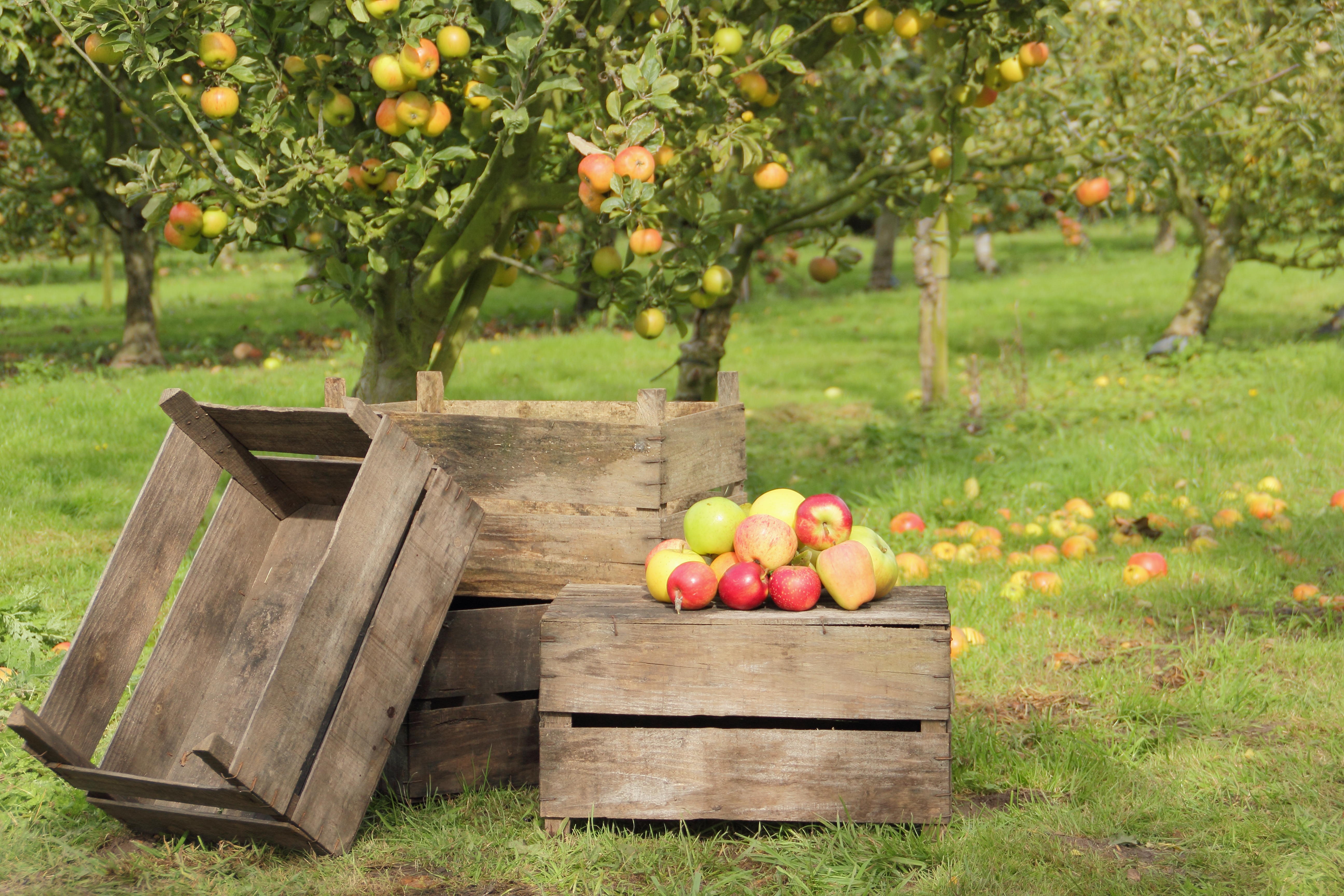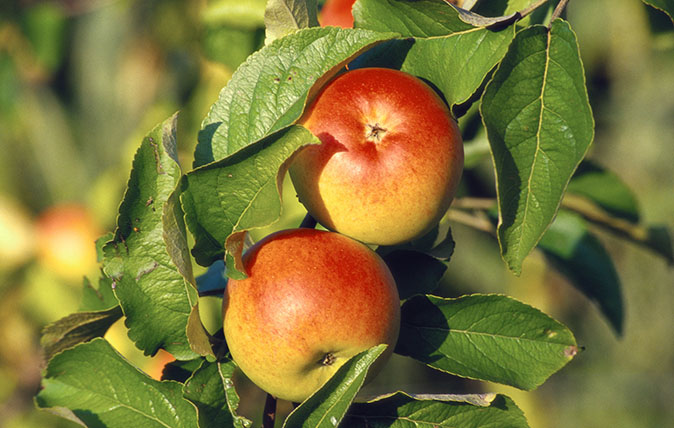Country Life Today: The 100 million reasons why organic apples really do keep the doctor away — and taste better too
Our daily news round-up looks at research which shows great benefits to organic food, wonders if we really have 18 months to save the planet and look back at the discovery of Machu Picchu.

Exquisite houses, the beauty of Nature, and how to get the most from your life, straight to your inbox.
You are now subscribed
Your newsletter sign-up was successful
Science finally cracks why organic apples taste better and are better for you
Concrete proof of the benefits of eating organic food has been notoriously difficult to find, with some critics even dismissing the whole idea of organic food as 'marketing hype'. For those of us who feel that eating organic sounds instinctively better — which is to say pretty much all of us — that has been a difficult, non-organic pill to swallow.
But an answer may be at hand courtesy of new research by Professor Gabriele Berg of the Graz University of Technology in Austria. Prof Berg's team have analysed the humble apple, and more specifically the 100,000,000 microbes which a typical apple contains, and has discovered that organic apples have a far richer variety of bacteria within — something which is enormously helpful to human digestive systems.

'Freshly harvested, organically managed apples harbour a significantly more diverse, more even and distinct bacterial community, compared to conventional ones,' explains Prof Berg in The Guardian. 'This variety and balance would be expected to limit overgrowth of any one species, and previous studies have reported a negative correlation between human pathogen abundance and microbiome diversity of fresh produce.'
If the good professor lost you with 'the science bit' at the end there, you're not alone: The Guardian's Gregory Robinson helpfully translates: 'In other words, the more varied your diet, the fewer harmful bacteria are found,' he says.
The report goes on to add that, 'the research may also vindicate the people who claim to be able to taste the difference between organic and ordinary produce'. Microbes responsible for adding flavour — including methylobacterium, which boosts strawberry-flavoured compounds — are 'significantly more abundant in organic apples.'
Do you own Britain's naughtiest dog?

If so, we need to know.
Exquisite houses, the beauty of Nature, and how to get the most from your life, straight to your inbox.
Enter Britain's Naughtiest Dog (Country Life)
Summer lightning
Tuesday night's blazingly hot overnight temperatures sparked huge thunderstorms across much of the country — police in Surrey shared the video below for those who slept through it. Having not been so lucky in our household, I can confirm that West Sussex had strike-after-strike every few seconds for what felt like at least half an hour.
More to come? Latest weather warnings (Met Office)
On this day... The remains of Machu Picchu discovered

On 24 July 199, American explorer Hiram Bingham III discovered a lost city high in the Andes — the place we now know as Machu Picchu.
Are there really just 18 months to stop climate change from running out of control?

The BBC publishes a piece this morning examining whether there really is just 18 months left to turn things around in the fight to keep the earth cool. HRH Prince Charles said as much in a speech to Commonwealth foreign ministers recently, and the International Panel on Climate Change warned in their recent report that 'global emissions of carbon dioxide must peak by 2020' in order to keep the global temperature rise to 1.5 degrees.
That particular horse has already bolted, suggests the Corporation's Matt McGrath, but he does detail all manner of initiatives across the world which might get us there by 2030. Top of the list is the so-called 'COP26' climate summit which is happening in Britain towards the end of next year.
'The UK government believes it can use the opportunity of COP26, in a post-Brexit world, to show that Britain can build the political will for progress, in the same way the French used their diplomatic muscle to make the Paris deal happen,' writes McGrath, before going on to discuss various other plans.
'If all this comes to pass, the world might have a fighting chance of preserving our natural environment,' he adds.
'But the challenges are huge, the political involvement patchy. So don't hold your breath!'
Full story (BBC) — and read John Gummer's piece about how everything is in place to stop climate change if we can simply find the leadership (Country Life)
And finally... diet chocolate? This time they've gone too far.

Really, c'mon. Eat less chocolate, of course. But diet chocolate? The madness has gone too far.
Toby Keel is Country Life's Digital Director, and has been running the website and social media channels since 2016. A former sports journalist, he writes about property, cars, lifestyle, travel, nature.

